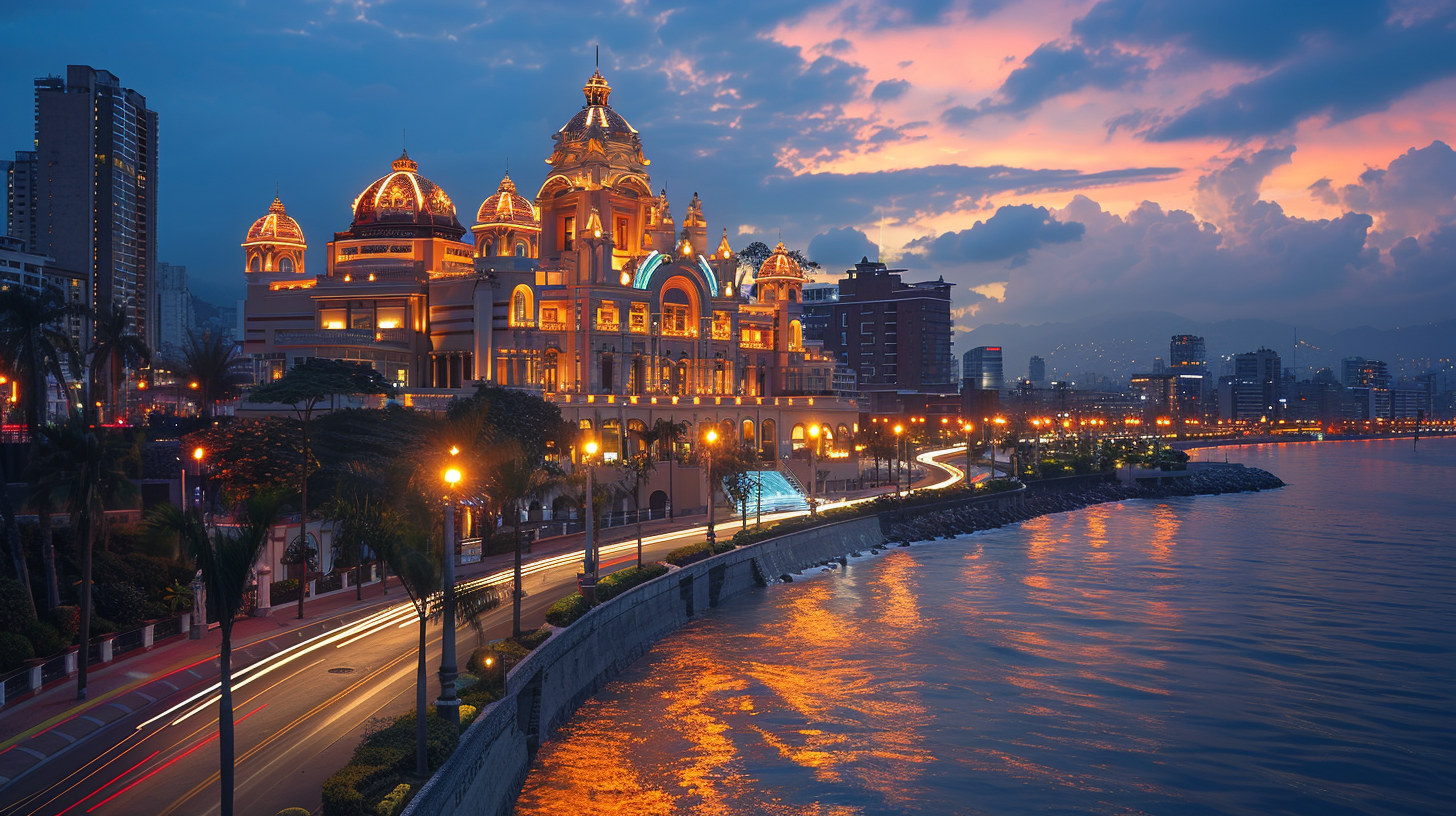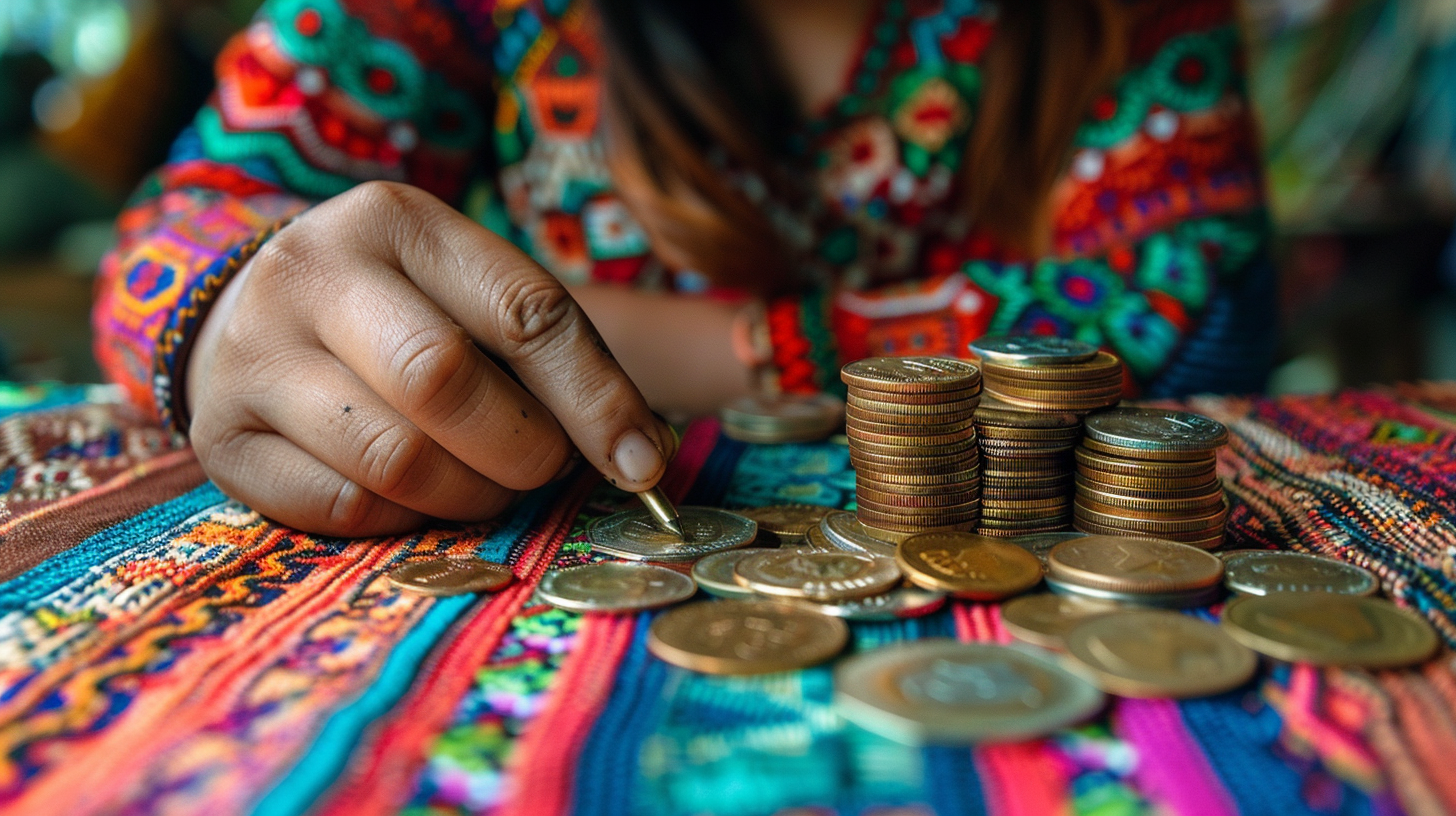Latin America is gaining prominence in the iGaming sector, showcasing promise despite challenges such as varying standards of living and limited access to quality internet and smartphones in some countries. Notably, South American nations like Brazil, Colombia, Argentina, and Peru are actively advancing their gambling sectors. Brazil recently joined the regulated fold in 2024, aligning with other countries in the region. This article focuses on Peru's entry into iGaming regulation in 2022 and its subsequent implementation in 2024.

Peru's Inclusive Approach to Gambling
Peru has maintained a relatively permissive stance towards gambling, with state-controlled casinos and lotteries for several decades. Lima, the capital, boasts popular casinos catering to the elite, along with outlets featuring slot machines that appeal to the broader population. The inherent risk-taking nature of Latinos aligns with the country's affinity for gambling activities.
The online gambling industry has gained traction in Peru, drawing a significant number of enthusiasts, particularly among the youth. Despite the government's historical oversight of iGaming, the industry operated without regulations, licenses, or bans for an extended period. The absence of a structured framework prompted online betting services to pay a 20% tax on gross income as the sole interaction with the government. However, a pivotal shift occurred when Peru formally embraced iGaming regulation in August 2022, setting the stage for a regulated online gambling landscape. The new legislation officially took effect in 2024, marking Peru's commitment to overseeing and shaping its evolving iGaming market.

Peruvian iGaming Regulation
In the summer of 2022, Peru underwent a significant regulatory shift with the approval of Bill 2070/2021. Designed to govern sports betting and online gambling, this legislation gained the endorsement of Peruvian President Pedro Castillo on August 12, 2022. Consequently, the Ministry of International Trade and Tourism (Mincetur) emerged as the new official regulatory authority.
Under the new regulations, the direct tax on net income (net winnings) is set at 12%. Mincetur officials anticipate that the Peruvian government will collect approximately 160 million soles ($40 million) in taxes from the industry once the bill takes effect. This move aims to rectify the significant financial leakage observed, with unlicensed operators reportedly handling over $1 billion in bets without paying taxes.
To ensure compliance, the legislation introduces strict penalties for violating the law regulating online gambling. Penalties range from warnings and fines of up to 200 soles ($50) for minor offenses to severe consequences, including license deprivation for up to 10 years or a lifelong ban on operating a gambling business in the country. Mincetur is empowered to suspend activities and confiscate an operator's assets as a preventive measure in cases of non-payment of taxes or other violations. These regulations came into force on February 9, 2024.

Evolution of Regulatory Landscape
Following the implementation of the regulation, the Peruvian government engaged in consultations to modernize the legislation. Notably, license costs tripled to 600 Peruvian tax units (approximately $810,000), signaling a commitment to a robust regulatory framework. Peru's government envisions substantial tax revenues from the legalized sector, and operators are eyeing lucrative income opportunities.
In a move to ensure regulatory compliance, Peru's Ministry of Foreign Trade and Tourism authorized B2B companies AsensiTechnologies and eCOGRA to issue gaming certificates in the country. Asensi Technologies sees its entry into the Peruvian market as a significant achievement, emphasizing its commitment to local regulatory standards. Meanwhile, eCOGRA, with a presence in 38 jurisdictions globally, is set to test and certify Peruvian companies specializing in online gambling, further solidifying the country's position in the international iGaming landscape.









